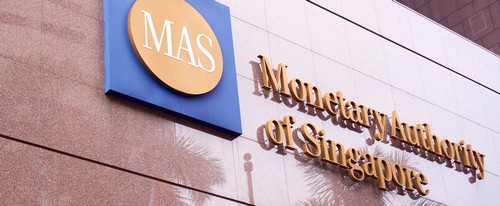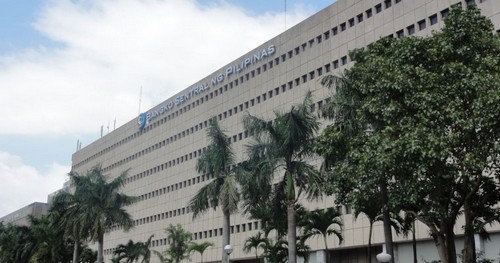During a speech on Thursday at a financial industry event, MAS managing director Ravi Menon doubled down on his belief that one of the «strongest» use cases for crypto tokens is to facilitate cross-border settlements.
Menon said in the speech:
«This is the challenge that Singapore’s Project Ubin has set itself to solve: to use blockchain technology to enable entities across jurisdictions to make payments to one another:»
He continued to say that, following two «successful» proofs-of-concept, MAS has partnered with the Bank of Canada «to test and develop a cross-border solution using crypto tokens issued by the two central banks.»
The comments follow Menon’s earlier remarks that, while he thinks crypto tokens are not entitled to be called currencies given a lack of payment, storage and accounting features, he believes «we can never say never» that they will not become a currency in the future.
That said, he also raised concerns during the latest speech over the growing risks associated with the emerging fiscal technology, saying that MAS has been increasingly watching areas such as fundraising, money laundering and affects on financial stability.

The Monetary Authority of Singapore (MAS), the city-state’s de facto central bank, is looking to adopt blockchain technology in conducting cross-border remittances.
In particular, on the investor-protection front, Menon reiterated MAS’s previously reported initial coin offering (ICO) guidance, cautioning that certain tokens could be regulated as securities.
He said:
«Investor protection is another immediate concern arising from the crypto mania. Where the crypto tokens represent ownership or a security interest over an issuer’s assets or any property, or a debt owed by the issuer, they may be regarded as securities under the Securities and Futures Act.»
Under this rule, initial coin offering issuers must meet securities rules before launching token sales. Further, secondary markets that facilitate trading of ICO tokens should also be registered and approved by the MAS, according to Menon.
And yet, the managing director also stated that MAS does not wish to stifle innovation around blockchain technology by introducing burdensome regulation, although he conceded that striking the right balance remains a challenge to the authority.


